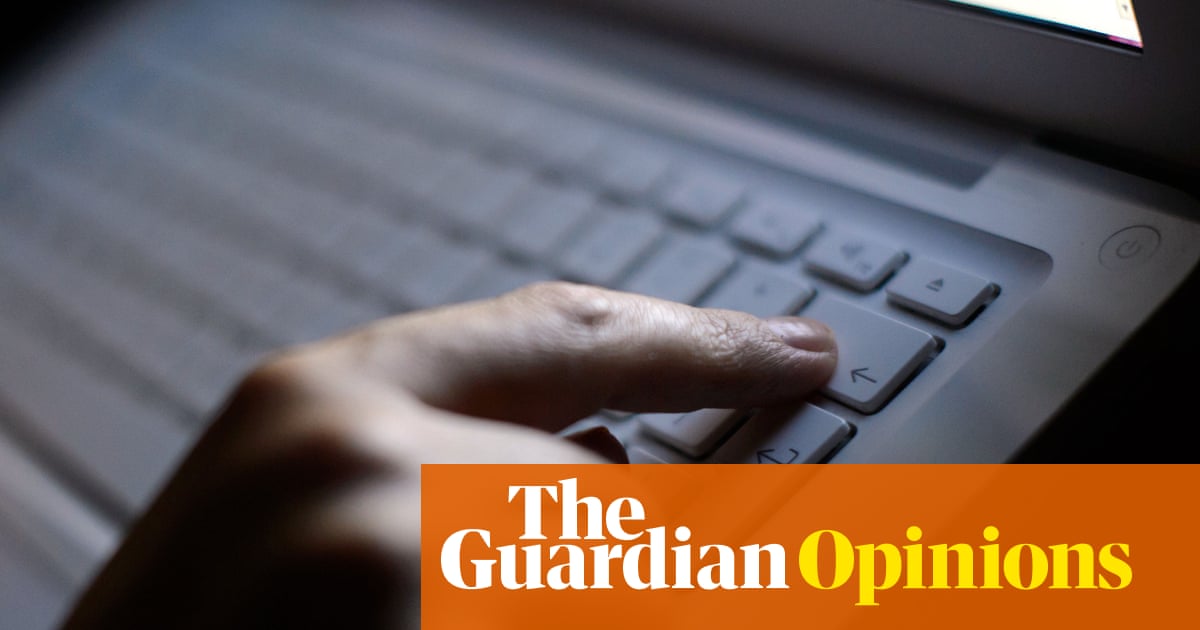T4K3.news
UK Online Safety Act implementation faces immediate backlash
The Online Safety Act is blocking access to vital information, sparking criticism from various groups.

The UK's Online Safety Act faces backlash for censoring critical information.
UK Online Safety Act sparks widespread criticism
The UK’s Online Safety Act came into effect on July 25 and is facing immediate backlash for its consequences. Intended to prevent minors from accessing explicit or harmful content, the act has instead blocked access to vital discussions on subjects such as sexual health and political issues. Critics argue that the law aggravates risks for vulnerable groups, including sex workers and teenagers seeking health-related information. Many users report being unable to view important content, with issues reported ranging from blocks on discussions about Palestine to health forums regarding transitioning. The act has drawn criticism for prioritizing government control over access to information, raising concerns about freedom of expression.
Key Takeaways
"Blocking access to information critical to survival pushes vulnerable groups further into the shadows."
James Baker highlights the critical repercussions of restricted access for marginalized communities.
"We see teenagers prevented from accessing content about sexual health and politics."
Baker discusses the unintended consequences of the Online Safety Act on youth access to information.
"The Online Safety Act is a punishment and surveillance-heavy response to complex social issues."
Eli Cugini critiques the act for its heavy-handed solutions to societal problems.
"This act threatens the privacy and safety of volunteer contributors on platforms like Wikipedia."
Wikipedia's response to the act underscores the challenges posed to collaborative knowledge sharing.
The implementation of the Online Safety Act highlights a troubling trend in digital policy where well-meaning legislation backfires. While designed to protect young people, the act inadvertently restricts access to critical resources. The immediate closure of forums offering support to marginalized groups illuminates a significant gap in understanding how age restrictions can magnify isolation rather than provide safety. As groups like Wikipedia challenge the legality of the act, the potential for a broader conversation about digital rights emerges, questioning how society balances protection with access.
Highlights
- Blocking access to vital information doesn't protect our youth.
- Censorship risks leaving young people more isolated and vulnerable.
- Safety mechanisms should not silence crucial conversations.
- Access to information is a fundamental right.
Concerns over censorship and public backlash
The Online Safety Act has led to widespread allegations of censorship, blocking access to information about sensitive topics. This has sparked public outcry and several campaigns for its repeal, raising significant concerns over freedom of expression.
The long-term implications of this act could reshape online discourse and access to vital information.
Enjoyed this? Let your friends know!
Related News

UK age verification checks face immediate challenges

UK mandates new online safety regulations

Spotify Requires Face Scanning to Access Certain Content

Reform UK warns of censorship under new Online Safety Act

UK government to review pornography regulations

UK Users Dodge Age Verification with Death Stranding Hack

Labour criticizes Farage's Online Safety Act repeal plan

Spotify introduces age verification for certain content
